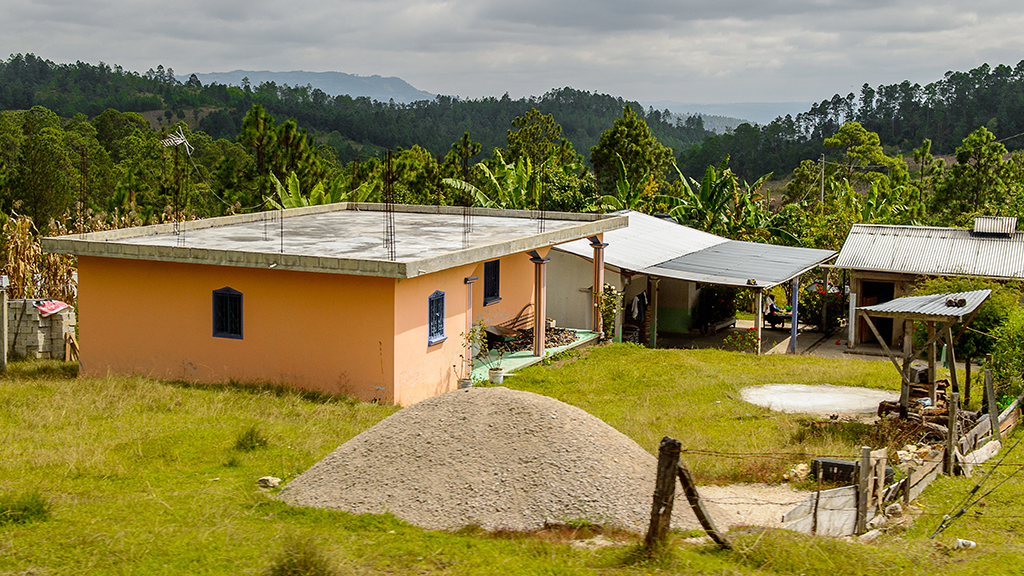Abstract
This case study is based on a real scenario in which a high-profile ethnobotanical study in Chiapas, Mexico, ended when local and international organizations accused the managing researchers of biopiracy. Students will explore how the Maya International Cooperative Biodiversity Group (Maya ICBG) project shifted from one of promise to one of controversy. The case addresses a variety of topics including the ethics of prior informed consent, rights to indigenous knowledge, biopiracy, and the intersection of indigenous communities, national governments, researchers, companies, and funding agencies. The case is presented as a progressive disclosure in which students read information on the real-world situation and then address perspective-oriented questions that are distributed to students in stages following the chronological development of events. The case is appropriate for undergraduates majoring in anthropology, sustainability science, environmental science, or biology and is suitable for courses in ethnobotany, medicinal botany, anthropology, bioethics, ecology and conservational biology. It could also be adapted for an AP or IB biology course in secondary education.



